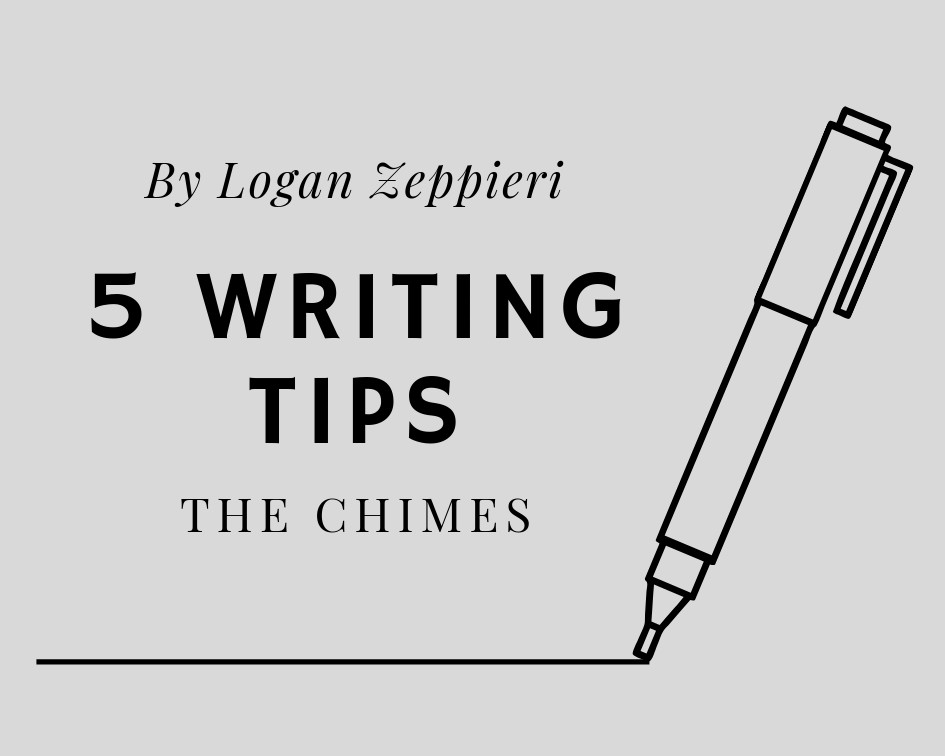In Dr. Clay Jones’ writing class for Talbot, he suggests that one of the best ways to improve your writing is to read your favorite writers and learn from their craft. Here are writing tips from the most widely read authors.
1. Ray Bradbury on Practice
Bradbury, the acclaimed author of Fahrenheit 451 and The Martian Chronicles, writes,
“The best hygiene for beginning writers or intermediate writers is to write a hell of a lot of short stories. If you can write one short story a week—it doesn’t matter what the quality is to start, but at least you’re practicing, and at the end of the year you have 52 short stories, and I defy you to write 52 bad ones. Can’t be done. At the end of 30 weeks or 40 weeks or at the end of the year, all of a sudden a story will come that’s just wonderful.”
The most surprising advice for writers is often the most well-established advice in any other field. Athletes spends hours a week training for their competitions and generals pledge a lifetime of service to their country, but many believe writers are born with a pen, paper and an award-winning novel under their belt. Writing requires practice, but a well-written paper requires intense practice.
2. Stephen King on Killing
King, the world-renowned horror novelist of IT and The Shining, writes,
“Kill your darlings, kill your darlings, even when it breaks your egocentric little scribbler’s heart, kill your darlings.”
Many papers begin with a cherished childhood story or a favorite late night experience at a doughnut shop, but if the story doesn’t fit, cut it. The sentimental value that a story conveys is only as sentimental as it is relevant. Do not save your writing as if it is a keepsake—all of that ends up in your parents’ attic, left gathering dust.
3. C.S. Lewis on Clarity
C.S Lewis, an author who needs no introduction on Biola’s campus, writes,
“Always try to use the language so as to make quite clear what you mean and make sure your sentence couldn’t mean anything else.”
He also writes, “Never use abstract nouns when concrete ones will do. If you mean ‘More people died’ don’t say ‘Mortality rose.’”
Write and rewrite a sentence until there is one clear meaning. There is a false pretense in high academy that obscure, and impenetrable writing is the mark of academic excellence. To the contrary, clear writing is the mark of a clear thinker.
4. E.B. White on Style
E.B White, the beloved children’s author of Charlotte’s Web and Stuart Little, writes,
“Young writers often suppose that style is a garnish for the meat of prose, a sauce by which a dull dish is made palatable. Style has no such separate entity; is non-detachable, unfilterable. The beginner should approach style warily, realizing that it is himself he is approaching, no other; he should begin by turning resolutely away from all devices that are popularly believed to indicate style—all mannerisms, tricks, adornments. The approach to style is by way of plainness, simplicity, orderliness, sincerity.”
When writers begin to read their favorite literature, the aphorism, metaphors and their use of language is a bright and burning mystery. Unfortunately, the first mistake in imitation is to steal that author’s flourishes. Flourishes do not exist in well-written prose—they emerge naturally as the form of the author’s expression. Their style is not a synthetic substitute for a facade of sophistication. It is an expression of their thoughts.
5. Hemingway on Studying the Greats
Hemingway, an American Lost Generation author of The Old Man and the Sea and For Whom the Bell Tolls, writes,
“[A writer] should have read everything so that he knows what he has to beat… The only people for a serious writer to compete with are the dead that he knows are good. It is like a miler running against the clock rather than simply trying to beat whoever is in the race with him. Unless he runs against time he will never know what he is capable of attaining.”
Learning to write well isn’t contained by contemporary writers or writers that lived a short while ago. The depths of our literature allows access to the great authors who have expressed the depths of human experience—the tragedy and ecstasy, friendship and rivalry, courage and timidity. Great literature stems from deep struggle and experience, and history provides a criteria to find which literature has pulled deepest from humanity’s experience.








